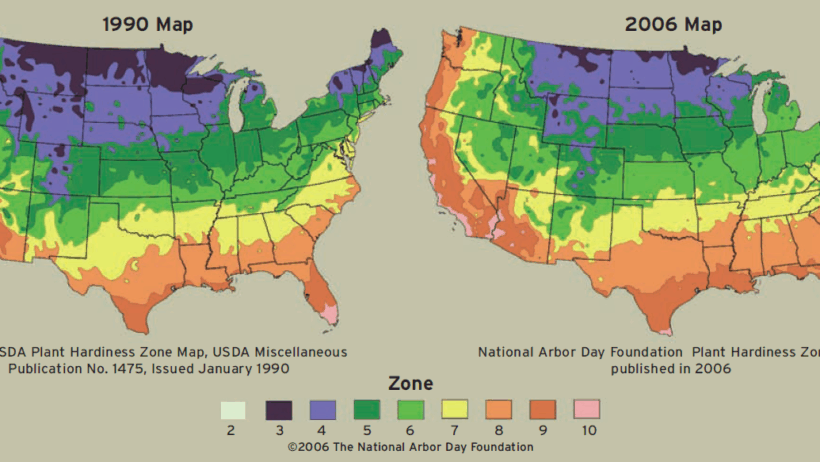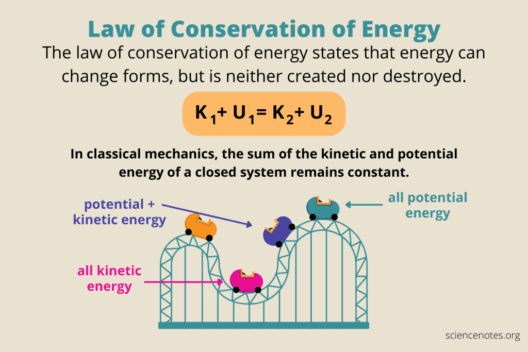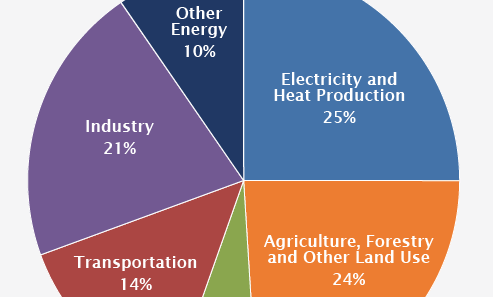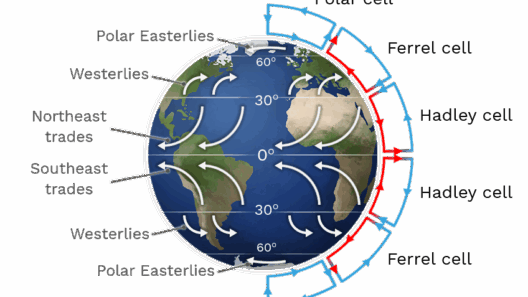Global warming represents more than just a numerical chart of rising temperatures; it symbolizes a profound cultural and ethical crisis that permeates our societal values. As temperatures escalate and weather patterns shift, the implications stretch beyond mere data, delving into dimensions that alter our values and beliefs. This discourse examines the multifaceted impact of climate change on our ethical frameworks, communal bonding, and individual responsibilities, allowing us to explore the implications of a warming world.
The correlation between global warming and our value systems manifests in various forms, primarily through the lens of environmental ethics. Traditional philosophies have often been anthropocentric, positioning humans as the pinnacle of value. Yet, the existential threats posed by climate change compel us to reevaluate this paradigm. In the face of ecological degradation, compelling arguments for biocentrism and ecocentrism emerge, indicating that all forms of life deserve intrinsic value. This shift challenges the long-standing belief that human well-being takes precedence, advocating for a more inclusive perspective that recognizes the interconnectedness of all beings.
Moreover, the changing climate exacerbates social inequities, necessitating a reassessment of our societal values. Vulnerable populations—often marginalized communities—bear the brunt of climate impacts, from increased natural disasters to food insecurity. Such disparities catalyze a moral obligation for a more equitable distribution of resources and assistance, prompting discussions about environmental justice. In this regard, the evolution of our value systems begins to mirror an awareness of global interdependence, where the suffering of one community resonates within a universal moral framework.
As ecological instability unfolds, a paradigm of sustainability emerges, fostering a collective value of care for the planet. This ethos encourages individuals and communities to not only mitigate their environmental impacts but to actively participate in regenerative practices. The adoption of sustainable living practices—such as reduced consumption, waste reduction, and support for renewable energy—becomes a manifestation of altered values, aligning personal actions with broader ecological goals. By embracing sustainability, society redefines success, extending beyond economic productivity to encompass ecological health and resilience.
The dialogue surrounding climate change also stimulates reflections on the concept of stewardship, rooted in the belief that humanity bears a responsibility to protect and preserve the environment for future generations. This sense of stewardship fosters intergenerational values that emphasize a long-term perspective rather than short-lived gains. By prioritizing the health of the planet, we cultivate an awareness that transcends our immediate interests, highlighting a moral imperative to maintain ecological integrity for those who will inhabit the Earth after us.
In the realm of governance and policy, global warming’s ramifications lead to a re-evaluation of civic values centered on collective action and collaboration. Climate change necessitates a concerted international response, compelling nations to traverse political divides and work towards common goals. This collaborative spirit is pivotal, igniting a sense of shared destiny, wherein the fate of one nation is inexorably linked to another. A united front against climate change forges a more profound bond among individuals, garnering respect for diverse cultures and perspectives as we contend with a common adversary.
Furthermore, the urgency dictated by climate science cultivates a growing appreciation for science and critical thinking within public discourse. As misinformation proliferates, a societal commitment to understanding empirical data and valuing scientific inquiry becomes essential. The recognition of climate change as an existential threat invites a recalibration of educational values, embedding environmental literacy into curricula to empower future generations to think critically about ecological issues. This expansion of inquiry-based learning underscores the increasing importance of science as a cornerstone for informed decision-making.
On an individual level, the consequences of climate change prompt a critical examination of personal values, often catalyzing transformative journeys for many individuals. As awareness around the detrimental effects of consumerism intensifies, individuals are called to reflect upon their lifestyle choices. Whether it’s adopting minimalism, prioritizing local goods, or engaging in community-supported agriculture, these conscious decisions signify a rejection of unsustainable consumer culture. They represent a reclamation of values rooted in connection, sustainability, and gratitude for the resources we procure.
Moreover, the collective emotional response to climate catastrophes reshapes our values regarding empathy and compassion. Witnessing the devastation wrought by extreme weather events cultivates a sense of solidarity with affected communities. This emotional engagement inspires humanitarian actions and fosters an inherent obligation to support those in distress. By activating our capacity for empathy, the warming planet challenges us to extend our moral compass beyond national borders, encouraging a more inclusive approach to aid and support.
Ultimately, the interplay between global warming and our value systems transcends numerical data, unveiling a complex tapestry of cultural, ethical, and communal implications. As we awaken to the realities of a changing climate, it becomes apparent that the transformations occurring in our values are as critical as the scientific data itself. A comprehensive understanding of climate change incorporates the rich dialogues surrounding justice, stewardship, sustainability, and empathy, urging us to navigate the challenges of our time with a renewed sense of purpose.
In conclusion, the persistent and multifaceted nature of global warming demands that we continually revisit and refine our values. This journey is not merely about adaptation to new realities; it embodies an enduring commitment to crafting an equitable and sustainable world. As we confront this pivotal juncture in history, our evolving values will play an integral role in shaping the responses necessary for building a resilient future.








